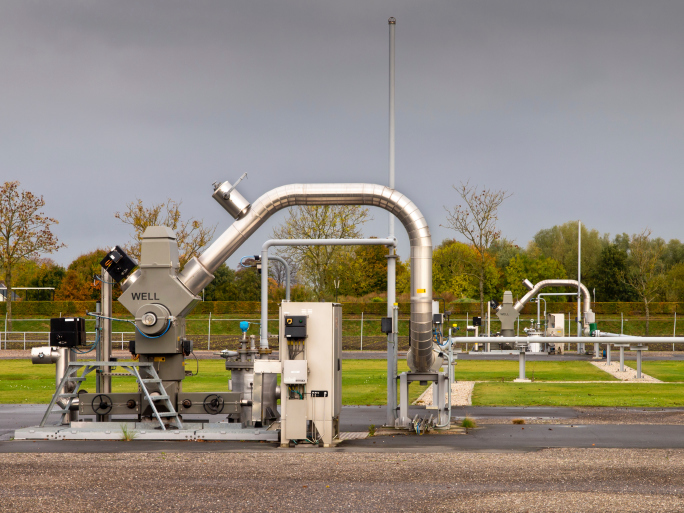Colorado voters will directly decide the fate of fracking this November after the state legislature failed to agree on a compromise bill.
Gov. John Hickenlooper (D) said he would like to see the legislature pass a bill that would prevent local governments from banning natural gas production through hydraulic fracturing processes, also known as fracking. Legislators, however, failed to reach agreement on the particulars.
Hickenlooper favored a version that would allow local communities wide latitude for imposing restrictions on fracking, such as setbacks of a half mile or more from any homes. Republicans opposed such wide latitude, saying it would allow local communities to impose fracking bans through backdoor means.
Liberal Cities Impose Bans
Five Colorado municipalities have voted to ban fracking, though such bans will remain only symbolic unless state law is changed to recognize them. Further indicating the symbolic nature of these bans, little or no fracking occurs in cities such as Boulder and Ft. Collins, which approved them.
Outside such liberal bastions, there is substantially less support for fracking bans. Loveland voters on June 24 rejected a proposed ban.
Rep. Jared Polis (D-Boulder) is funding efforts to put a referendum on the November ballot to allow local communities to ban fracking. He is also financing anti-fracking initiatives at the local level. Polis said he would no longer finance the efforts if the legislature agreed on compromise legislation.
Energy Production Fueling Economy
Fracking is fueling tremendous job production and economic growth in Colorado. According to the U.S. Energy Information Administration, Colorado oil production has nearly tripled since 2005, and natural gas production in the state is up nearly 50 percent.
Hickenlooper has generally supported fracking while calling for stringent regulations.
“Things are changing dramatically and rapidly. Almost every well today is fracked. You’d be silly not to do it,” said Hickenlooper in the Aspen Times.
“Our job is to make sure it’s done safely,” he added.
Hickenlooper noted the state has doubled the number of environmental compliance officers performing inspections at oil and natural gas production sites.
Governor Notes Benefits
Isaac Orr, a research fellow at The Heartland Institute, which publishes Environment & Climate News, said the ballot initiatives in Colorado are more about opposing energy production than advocating home rule. Orr praised Hickenlooper for acknowledging the benefits of hydraulic fracturing.
“Gov. Hickenlooper knows what he is doing—he has a master’s degree in geology, and he’s worked in the oil and gas industry. He’s trying to craft legislation that balances the concerns of environmental activists with the industry, but basically the environmental activists won’t be happy until that industry is shut down. Then they will go after the ranchers,” said Orr.
Orr said Hickenlooper is too savvy to sacrifice the economic windfall of fracking to appease environmental activists.
“If environmental activists succeed in shutting down fracking in the state, that would cost Colorado nearly $8 billion in lost gross domestic product (GDP) and loss of 68,000 jobs in the first five years alone,” said Orr.
“The economic benefit is too great to ignore,” Orr added. “Colorado has some of the better reserves—the shale is more easily extractable, so that makes the state more important in providing for American’s energy future.”
Activists Seek Shutdown
Daniel Simmons, director of regulatory and state affairs at the Institute for Energy Research (IER), agreed.
“Anti-energy advocates have always wanted a ballot measure, so there was little chance the legislature would intervene,” Simmons explained. “The fight over hydraulic fracturing is a fight about energy, not a fight about the safety of hydraulic fracturing. There is no question that hydraulic fracturing is safe—it has been used for more than 60 years in well over a million wells without a single case of groundwater contamination.
“Hydraulic fracturing is responsible for the nation’s dramatic recent increase in natural gas and oil production. The United States is the world’s largest producer of natural gas, and next year we’ll take the lead as the largest oil producer. The fight about hydraulic fracturing is an attack on domestic energy production,” Simmons added.
Kenneth Artz ([email protected]) writes from Dallas, Texas.





